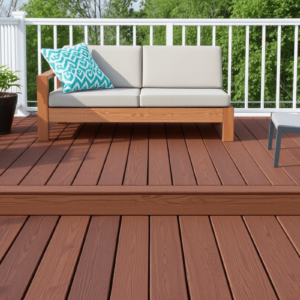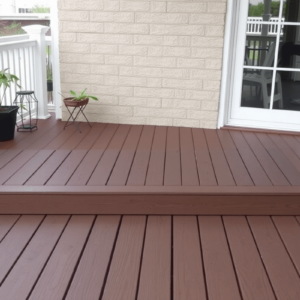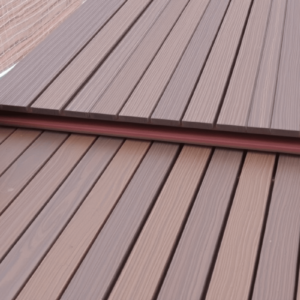Comparative Analysis of Composite Fencing Costs Across Canadian Cities
Introduction
Composite fencing has become an increasingly popular choice for homeowners looking for durable, low-maintenance, and aesthetically pleasing options. This material is made from a blend of wood fibers and plastic, providing a robust barrier that resists rot, insects, and weathering. However, the cost of installing composite fencing can vary significantly depending on where you live in Canada. This article delves into the differences in composite fencing prices across various Canadian cities, highlighting key regions with higher or lower costs and offering insights into why these price variations exist. Additionally, we will provide advice on how homeowners can make informed decisions about their fencing investments.
Regional Variations in Composite Fencing Prices
The cost of composite fencing can differ widely between cities in Canada due to several factors, including material availability, labor costs, and regional demand. For instance, in major urban centers like Toronto and Vancouver, the cost of composite fencing tends to be higher compared to smaller cities or rural areas. In Toronto, the average price for a composite fence can range from CAD $25 to $35 per linear foot, whereas in smaller cities such as Saskatoon or St. John’s, the price might be as low as CAD $20 to $25 per linear foot.
Factors Influencing Price Differences
Several factors contribute to the price variations observed across different Canadian cities. Firstly, the cost of materials can fluctuate based on supply chain dynamics and local market conditions. For example, cities with higher demand for composite fencing may experience increased prices due to limited supply. Secondly, labor costs play a significant role in determining the final cost of installation. Cities with higher living costs, such as Toronto and Vancouver, typically have higher labor rates, which can drive up the overall price of the project. Lastly, regional economic conditions and competition among contractors also influence pricing strategies.
Strategies for Homeowners
Homeowners looking to install composite fencing should consider multiple factors when making their decision. First, it’s essential to obtain multiple quotes from reputable contractors in your area to get a sense of the average price range. Comparing these quotes can help identify potential savings opportunities without compromising quality. Additionally, researching local market conditions and understanding the factors influencing pricing can empower homeowners to negotiate better deals. Engaging with experienced professionals who understand the nuances of composite fencing installation in your specific region can also lead to more cost-effective solutions.
Conclusion
In conclusion, while composite fencing offers numerous benefits, its cost can vary significantly across different Canadian cities. By understanding the factors influencing these price differences and taking proactive steps to research and compare options, homeowners can make well-informed decisions about their fencing investments. Whether you’re in a bustling city center or a quieter suburban area, being aware of the local market dynamics can help ensure that you receive the best value for your investment.
Reference
Understanding the Cost of Composite Fencing, Realtor.com
How to Install Composite Fencing, The Home Depot





Reviews
There are no reviews yet.